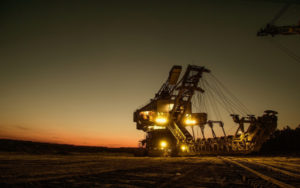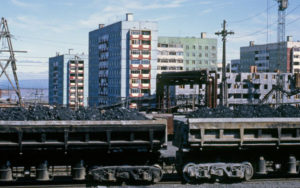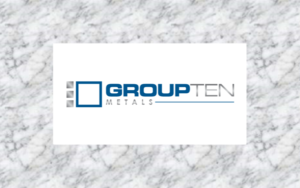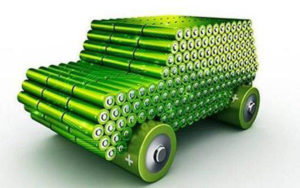Cobalt price: Supply scramble heats up with Canadian deal

Investors piled into Cobalt 27 Capital Corp (TSX-V:KBLT) and RNC Minerals (TSX:RNX) on Thursday after the companies entered into a royalty deal on all future nickel and cobalt production at RNC Minerals’ Dumont project in Quebec in a deal worth $70 million.
Shares in Toronto-based Cobalt 27 gained as much as 6% in lunchtime trade lifting its market cap to C$440m ($350m). Investors who bought into the battery metals story when Cobalt 27 listed in June are now enjoying a 45% appreciation in the value of the stock since then. Cobalt 27 stockpiles the metal, holds options on cobalt juniors and enters into streaming and royalty deals in an effort to be a pure play on the cobalt price.
RNC Minerals stock popped 12% shortly after the open on the TSX affording the company a market value C$90m before cooling off in later trade. The Toronto-based firm which changed its name from Royal Nickel Corp in 2016 owns 50% of the Dumont project in the Abitibi mining camp in a joint venture with Waterton, a private equity investor. RNC Minerals is up 43% year to date.
The transaction is for a 1.75% net smelter return royalty on the project which according to RNC holds 3.15 million tonnes of nickel sulphide and 126,000 tonnes of cobalt, making it the largest undeveloped deposit of both minerals in the world. At full production Dumont would be the world’s fifth largest nickel sulphide mine.
RNC puts capital outlay to build the mine at around $1 billion, which could be in production as early as 2020. The project has been fully permitted since June 2015, when the Quebec Ministry of Sustainable Development, Environment and Fight Against Climate Change (to give the ministry its full name) issued a certificate of authorization, which is the province’s most significant permit for a mining project.
Congo is cobalt central
Annual production of the raw material is only around 100,000 tonnes primarily as a byproduct of nickel and copper mining with more than 60% coming from the Democratic Republic of the Congo, where fears about political instability and the challenges of ethical sourcing combine to supercharge supply concerns.
The country is only set to tighten its grip on supply as Glencore restarts its Katanga mine, ERG’s $1 billion RTR operation comes on stream later this year and Nzuri Copper’s advanced Kalongwe project enters production.
Prices for cobalt have nearly quadrupled since hitting record lows two years ago, trading at decades highs above $80,000 a tonne this week. Nickel, mainly used in the steel industry, is up 50% in the past six months on expectations of growing demand from electric vehicles.
Electrifying demand forecasts
Mobile phone maker Apple (NASDAQ: AAPL) is said to be in talks to buy long-term supplies of cobalt directly from miners while vehicle manufacturers including luxury carmaker BMW are reportedly close to inking agreements with primary suppliers.
The batteries used in cellphones uses Lithium-Cobalt-Oxide (LCO) compounds with up to 60% cobalt and is the number one source of cobalt demand at the moment. Nickel-Manganese-Cobalt (NMC) batteries favoured by vehicle makers contain less than 20% cobalt with ratios set to gradually fall to only 6% cobalt through a process of thrifting. (EV pioneer Tesla’s favoured battery technology uses relatively small amounts of cobalt.)
Only around 10% of cobalt supply currently end up in electric vehicles, but the boom in electric cars could more than quadruple demand for cobalt to in excess of 450,000 tonnes by 2030 from less than 100,000 tonnes last year, according to Bloomberg New Energy Finance.
Source: Mining.com
Cobalt








